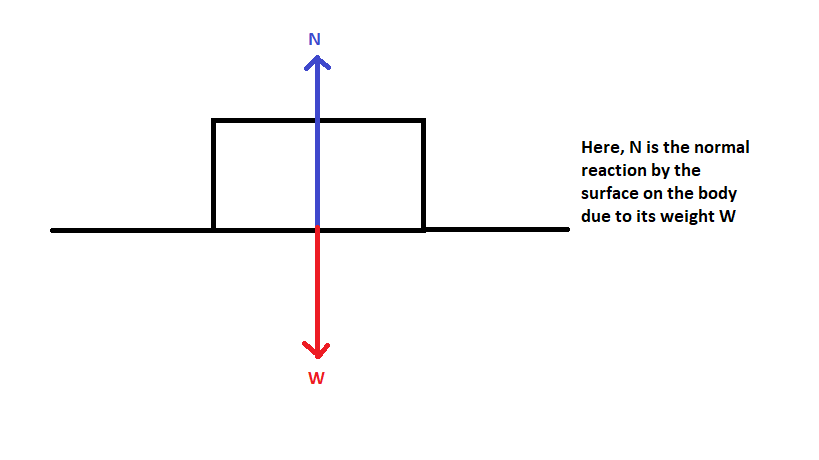Does friction decrease when speed of a moving object increases? Please explain me in simple terms. I'm a 8 grade student.
1 Answer
Well I am trying to start from very basic level discussion about friction.
Remember frictional force always tries to prevent the relative motion of a body at the surface of contact.
So,for frictional force to act we must need contact and then a tendency to move . It is not necessary that something must be moving visibly,it should just have a tendency to move,because we would explain that case as the body tried to move but failed because frictional force stopped it's motion.
Now let's come directly to your question.
Well frictional force can act only by a certain amount which depends on the properties of the two substances in contact and the normal reaction in between them.
Now,suppose a body is placed on a surface,and in between them maximum frictional force that can act is
Now if you apply force
Now,when you apply force
Now while this body is moving,it's speed is continuously increasing due to acceleration.
Now if this body enters a new surface,where frictional force is equals to
So,it is frictional force which governs the velocity of an object,not velocity can determine the frictional force,well the reason being,experiments show frictional force (
i.e

And for motion on a horizontal plane,velocity is perpendicular to normal reaction,which can't be affected by velocity.

